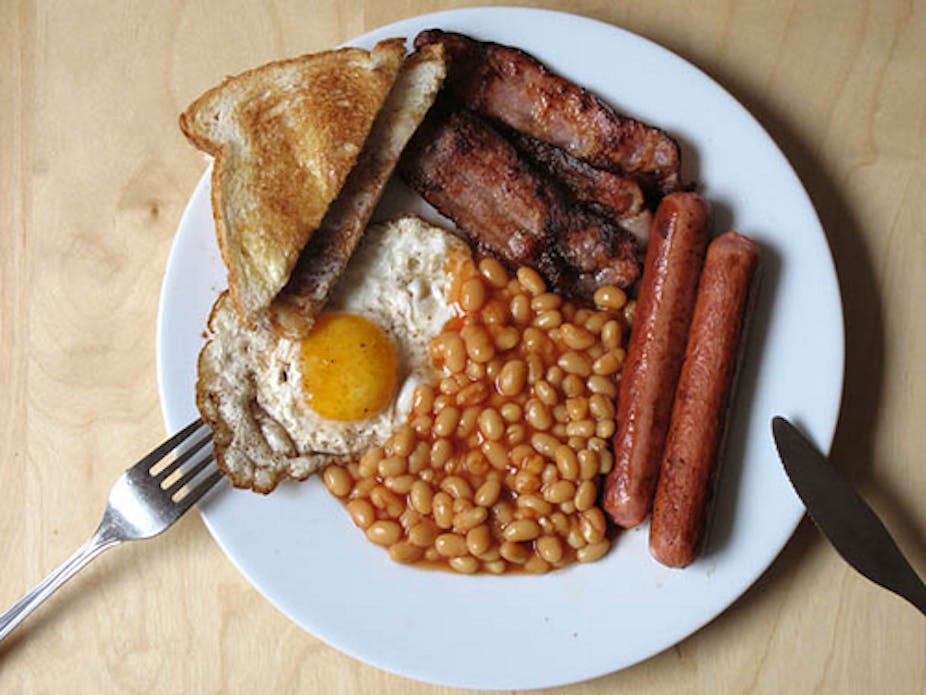Piping hot cups of coffee. A fat laden fried breakfast. Going for a run. Or maybe just going back to bed. There are plenty of claims about how you can cure a hangover. So, what’s the reality?
If you’ve woken up with a sore head on a Sunday morning after a big Saturday night, chances are you’ve tried plenty of things to get your weekend back up and going.
From the outset, it should be remembered that alcohol is a drug. It acts as a depressant, and has numerous other effects on the body.
It is a diuretic, meaning that drinking makes you dehydrated, resulting in thirst, headaches, dry mouth and tiredness the following day.
In addition, alcohol irritates the stomach and intestines, and increases the production of gastric acid, which can result in nausea, vomiting and abdominal pain if you overindulge.
Alcohol is broken down in the liver, which houses many of the body’s energy stores. A heavy binge affects the liver’s ability to supply this energy (called glucose) to the brain and body. This results is symptoms of irritability, low mood, tiredness and weakness.
Although drinking alcohol can help you fall asleep, it disrupts the normal sleep cycle, meaning the sleep you get is often disrupted.
It also interferes with other circadian rhythms, producing a state similar to jet lag.
Factors such as gender, age, mental health, drug use, and existing medical conditions affect the way your body responds to alcohol.
So if you’ve had a big night out, getting a few hours sleep before you head off to work the next day can still mean you have alcohol in your system, and you could be over the legal limit if driving.
Chances are you’ve heard the hangover cure myths – a long shower, going for a run, munching on a bacon and egg roll, downing cups of coffee.
Do they cure a hangover? Unfortunately, no.
Will they help you sober up? No.
Some of the myths may give the impression you are “better”, but you’re still likely to be under the influence or recovering from too much alcohol.
It might sound boring and old hat, but if you are going to indulge make sure you drink plenty of water, and keep track of how much alcohol you are drinking.
It’s also important to eat, switch to non-alcoholic drinks when you start feeling the effects of alcohol, and avoid trying to match how much your friends choose to drink.
The NHMRC has produced a set of guidelines highlighting that for healthy men and women, drinking no more than two standard drinks on any day reduces your risk of harm from alcohol-related disease or injury over a lifetime.
A “standard drink” refers to any drink containing 10 grams of alcohol. One can of full strength beer or one restaurant glass of wine equates to about 1.5 standard drinks.
Drinking no more than four standard drinks on a single occasion reduces the risk of alcohol-related injury arising from that occasion.
Alcohol is very much part of Australian culture. It might be a party with mates, a couple of glasses of wine over dinner or a Saturday night down at the pub.
But when it comes to sorting fact from fiction, there is only one sure way to avoid the effects of a hangover the morning after – drink plenty of water, and exercise responsibility with alcohol the night before.

